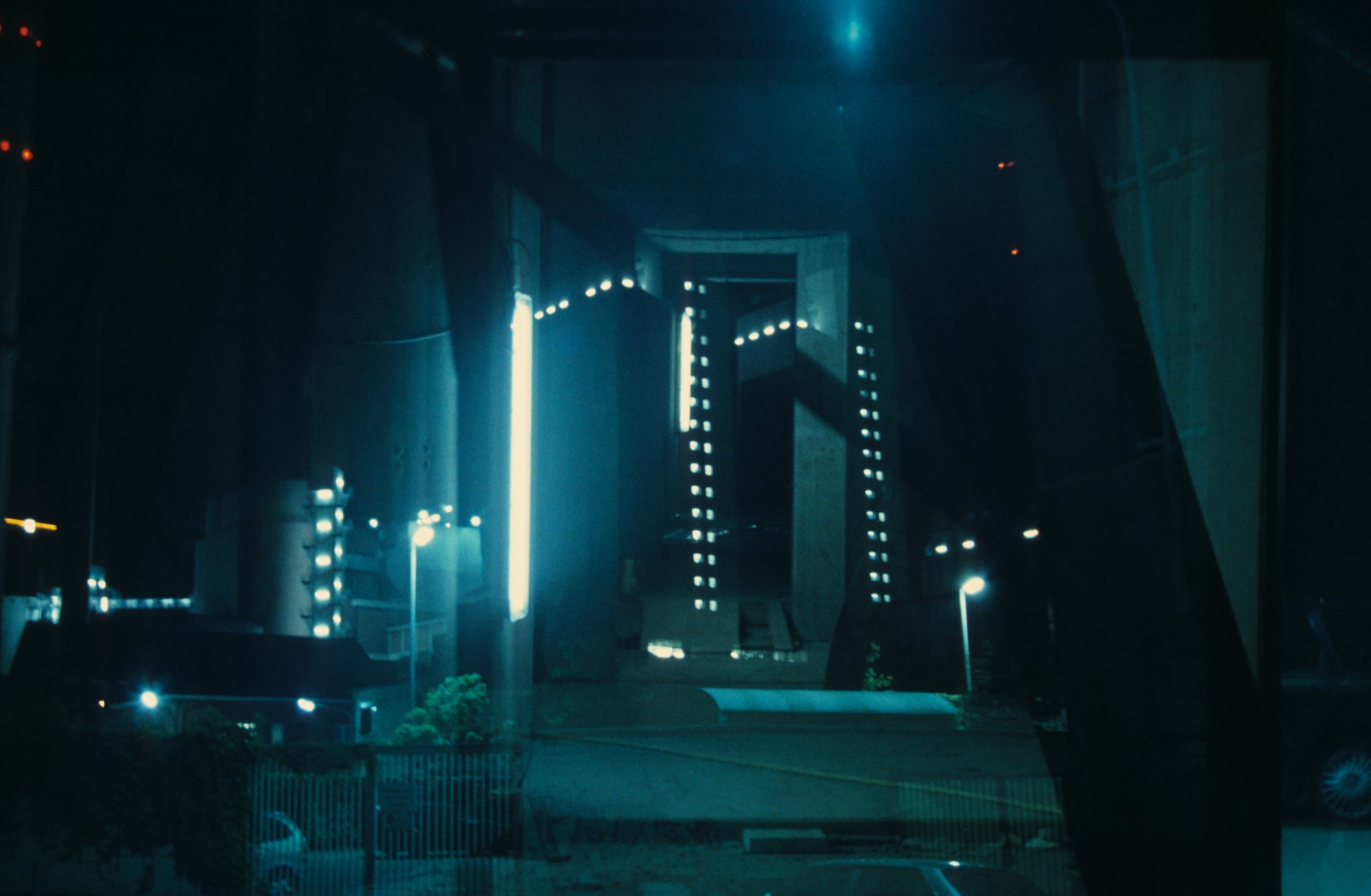There’s some fascinating comments by Louis Armand in an essay featured in Alienist #4 that deal with Primož Krašovec’s ‘Alien Capital’:
This Alien metaphor can be taken a step further, in that it exceeds the notion of simply an economic or social prosthesis – an addition to the world of human activity – & speaks rather of a condition. Like Power, capital isn’t abstract: it is abstraction itself. It isn’t concept born in relation to a subject: it is the very operation of subjectivisation. In its “post-human” iteration, Power is precisely not wielded: like the old Soviet joke, Power wields you. This leads Krašovec to argue that “the two anthropocentric perspectives of capital” – corresponding to the “elemental class positions”: the capitalist & the proletarian – diff er from the perspective of capital itself, which is defined by the production of value for the purpose solely of “infinite technological self-improvement,” on the assumption that technology defines the exclusion of the social. Krašovec thereby identifies competition, or the classical idea of class antagonism, as the technological dynamics of capitalism.
But just as Marx indicated that alienation isn’t in fact an anthropological process (it is instead the condition of the anthropological), so too we must move here beyond the simple description of capital as technological, to the supposition that capital itself is indistinguishable from technology-as such. That capital is in fact a system of technology, just as the commodity is the thought of capital. It should be evident that the Anthropocene can’t be acquitted by the convenient appeal to a malevolent doppelganger or rogue AIs, & neither can humanism mask the alienation that constitutes subjectivity. Technology isn’t, as Marcuse argued, the invasion of “man’s” inner-freedom. In the final analysis, the subjective is technological; the human is alien capital. And if the dream of humanity is to outlive itself by “alien” sublimation, the dream of capital is no less than to transcend History by becoming the future. Accelerating towards the limit of its own representability, it radiates in the illusion of a totality suspended over its own void – as if making possible the very thing it makes impossible.
The last point—that we ourselves are alien capital (another route to this conclusion, one which would be my own preferable pathway, is the by tracing the constitution of the subject through matrices conditioned by mediation of the value-form)—here at the converges in a curious way with a comments made by Xenogoth in his Note on Eerie Capital. Using the alien environs explored by Conrad in Hearts of Darkness and Ballard’s The Drowned World (accounts of fateful voyages down the Kurtz-gradient) he writes:
Once this architecture — understood most generally as space-time but we can draw things into a sociopolitical infrastructure — is dissolved into the chaos of the jungle, you can only keep attributing your actions to a self for so long. Eventually, the familiar sociopolitical architecture of habit and understanding is no longer in place so that you cannot distinguish your agency from the agency of your own environment… This fictive realisation that our agency is indistinguishable from capital’s own is precisely the point made by countless theorists and fiction writers. The solution to this is not to double-down on one conspiratorial agency or our individuality, but rather hold both as influencing their other in tandem.
Is it not at this point, in the realization and appraisal of the situation, that the recursive loop of reason is capable of kicking in—and with it, the real struggle over futurity begins?
taken from here
Foto: Stefan Paulus

